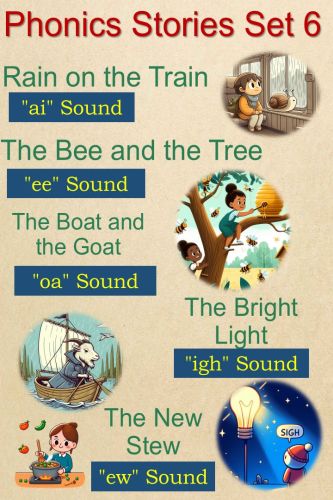Categories
- Antiques & Collectibles 13
- Architecture 36
- Art 48
- Bibles 22
- Biography & Autobiography 813
- Body, Mind & Spirit 142
- Business & Economics 28
- Children's Books 17
- Children's Fiction 14
- Computers 4
- Cooking 94
- Crafts & Hobbies 4
- Drama 346
- Education 46
- Family & Relationships 57
- Fiction 11829
- Games 19
- Gardening 17
- Health & Fitness 34
- History 1377
- House & Home 1
- Humor 147
- Juvenile Fiction 1873
- Juvenile Nonfiction 202
- Language Arts & Disciplines 88
- Law 16
- Literary Collections 686
- Literary Criticism 179
- Mathematics 13
- Medical 41
- Music 40
- Nature 179
- Non-Classifiable 1768
- Performing Arts 7
- Periodicals 1453
- Philosophy 64
- Photography 2
- Poetry 896
- Political Science 203
- Psychology 42
- Reference 154
- Religion 513
- Science 126
- Self-Help 84
- Social Science 81
- Sports & Recreation 34
- Study Aids 3
- Technology & Engineering 59
- Transportation 23
- Travel 463
- True Crime 29
Bilingualism Address delivered before the Quebec Canadian Club, at Quebec, Tuesday, March 28th, 1916
Description:
Excerpt
Gentlemen of the Canadian Club:—Your president has asked me to address you this afternoon in the English language. It is with great pleasure that I received this invitation and that I avail myself of the privilege of speaking to you in that language with regard to the very troublesome, somewhat distorted, and certainly much misrepresented school question in your sister province. First of all, I wish to assure you that I shall not make a speech. I desire, in as simple and lucid English as I can command, to endeavor to explain to you the difficulties of that school question, addressing myself preferably to your intelligence, rather than to your hearts.
I want, if I can, to enlighten you as much as possible with regard to this school trouble, a trouble which unfortunately is not a new one for us in Ontario, which we have had many times in the past, and which I am none too sure we shall not have again in the future. This time, as you know, it has broken out over the notorious regulation No. 17. That has been the center of the storm, and until the question it has raised is solved it must, I am afraid, continue to be a storm center. I want to tell you what is the real meaning, what is the object and what will be the effect of this regulation. I am going to give you concrete evidence of everything that I propose to tell you.
Let me tell you also that I will do so with the greatest care and moderation, and, whilst I feel strongly, as you may imagine, upon this question, I am going to suppress my own feelings and make a calm and dispassionate analysis of the question. I will leave it to your intelligence and to your own sympathy to decide what course of action each one of you individually may feel called upon to follow.
Regulation No. 17 has been designed, enacted and enforced with no other object than the gradual proscription of the French language in the primary schools of the Province of Ontario. I say there is no question about that, and if anyone of you will take the trouble to follow me closely, and afterwards, if any doubts remain about the matter, and you will take up the regulation and study it carefully, I am sure you will agree with me.
The regulation treats of the use of French in the primary classes in Ontario in two ways: First, as a means of instruction or communication; and, second, as a subject of study.
Now, as a means of instruction, that is, as a medium of communication between the teacher and the pupil, the use of that language in all schools, in all classes, at all stages, and on every subject is limited to where, in the opinion of the Chief Inspector of the Province, IT IS NECESSARY. In other words, as a medium between the teacher and the pupil, the French language cannot be used with French-speaking children to impart to them any information on any subject whatsoever, unless the Chief Inspector has previously decided that in the case of each particular child the use of the French language is absolutely necessary because the child does not understand enough English to receive instruction in that language. I say without hesitation that if anyone of you will read regulation No. 17 you will come to no other conclusion than that.
And you can imagine how impracticable and impossible it would be for the Chief Inspector, with all his other duties, to examine each individual child in the hundreds of schools in the Province of Ontario to ascertain if such child understands the English language well enough to receive instruction in English.
Now, as a subject of study. As a subject of study there is a distinction to be made between the schools which were in existence prior to the enactment of the regulation, and the schools subsequently established....












